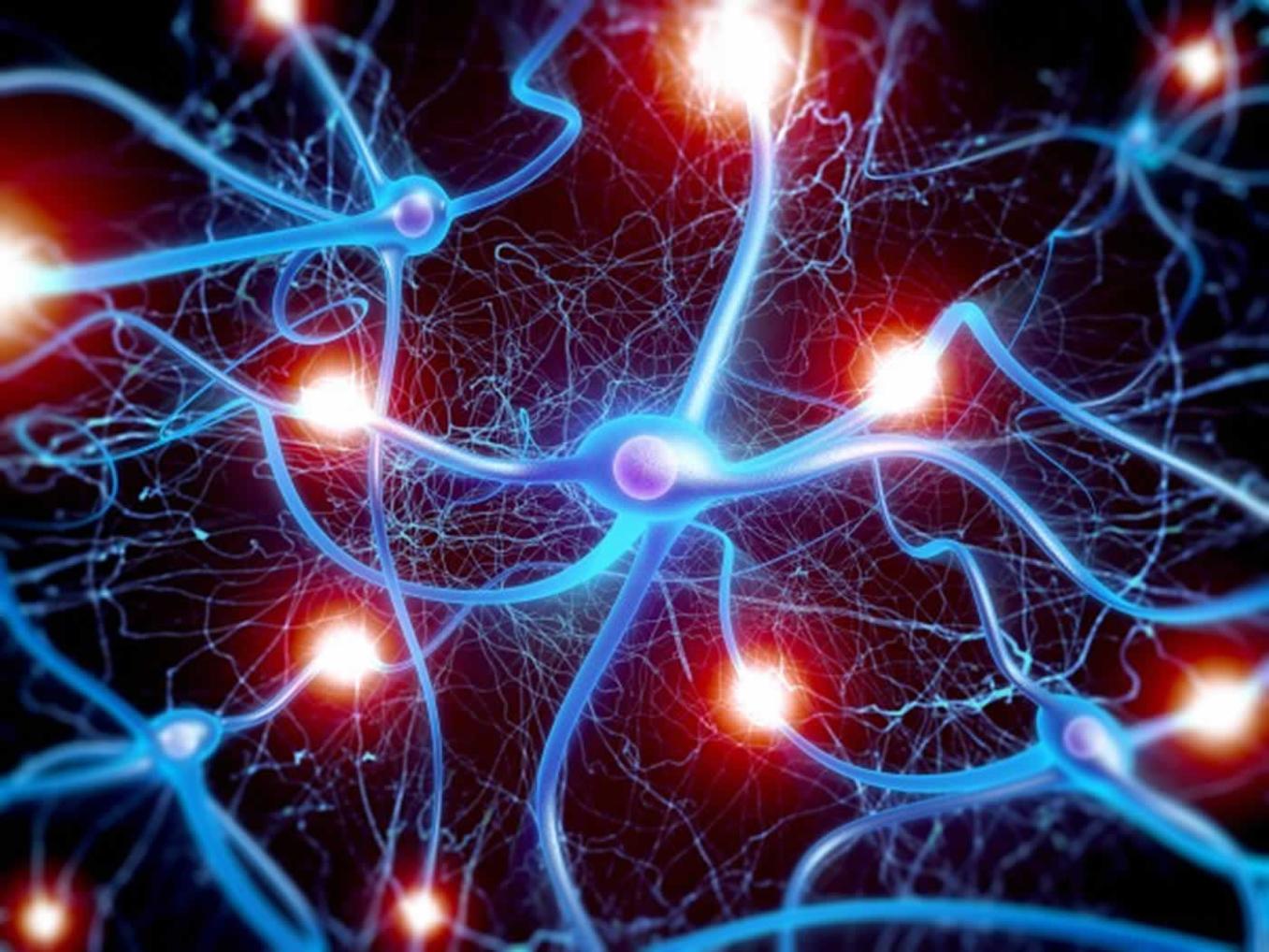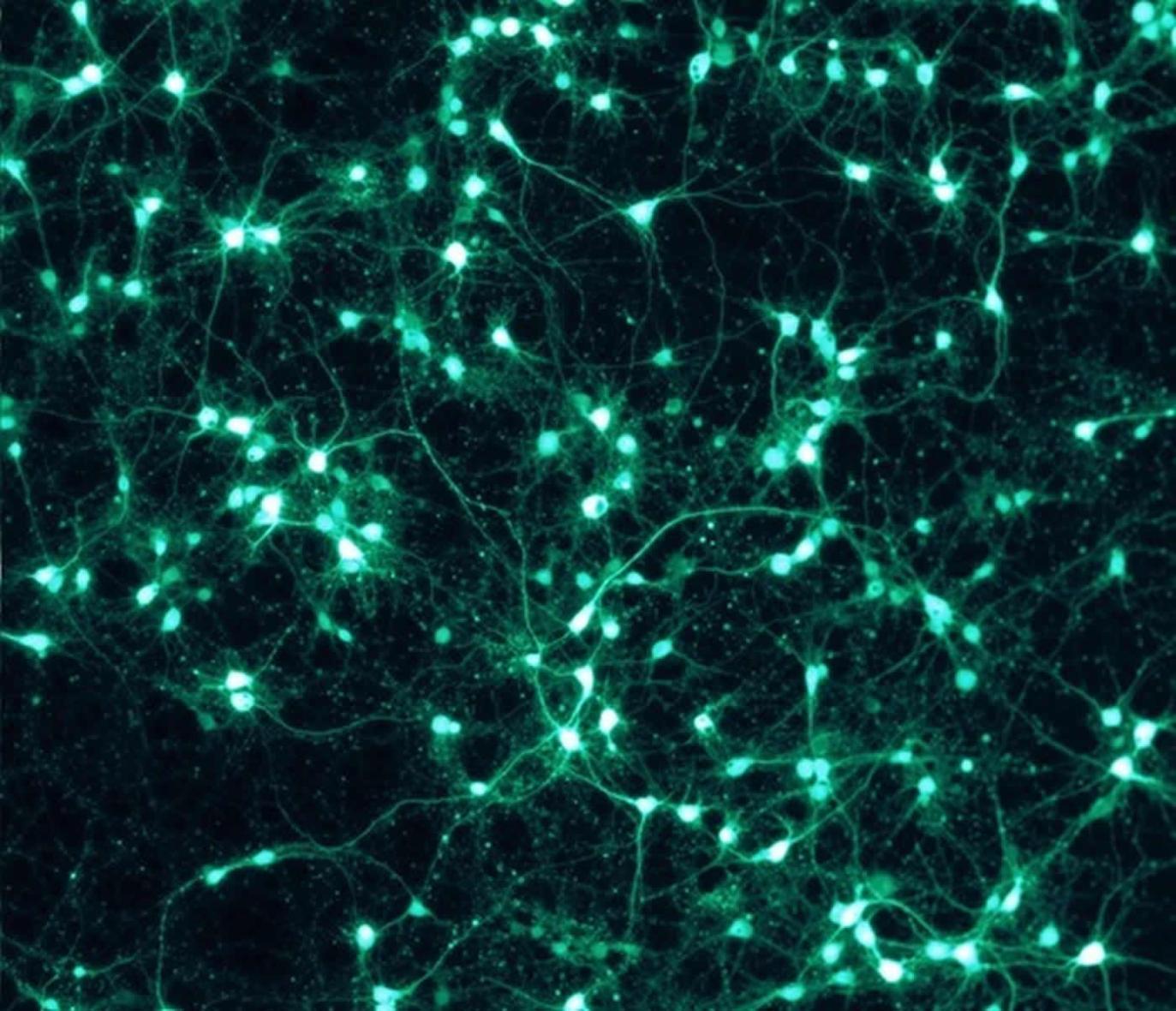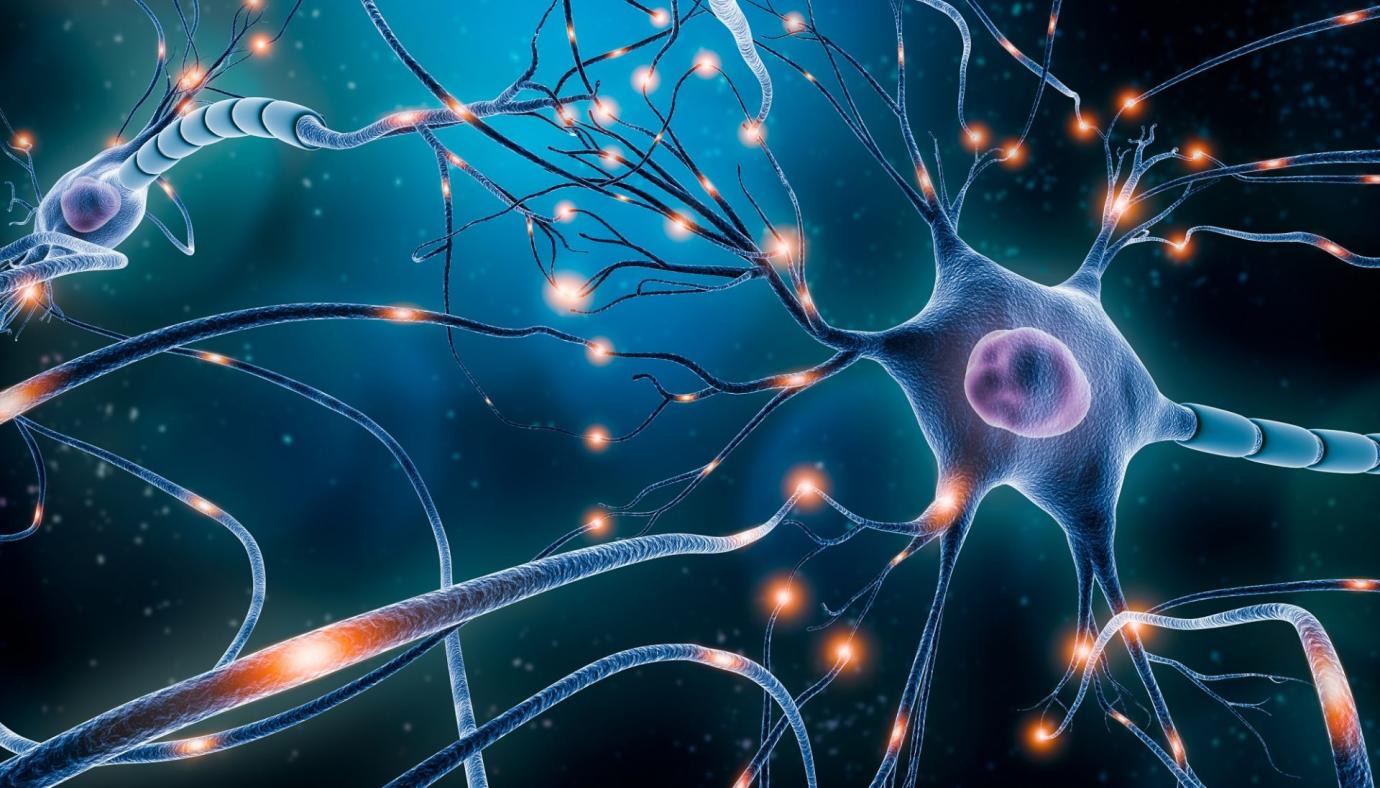How Can Neuroscience Help Us Understand Mental Illness?
Mental illness is a complex and multifaceted issue that affects millions of people worldwide. Neuroscience, the study of the brain and nervous system, can provide valuable insights into the causes and mechanisms of mental illness.

The Brain And Mental Illness
The brain is a complex organ that controls our thoughts, emotions, and behaviors. Mental illness is often associated with changes in brain structure, function, and chemistry.
- Brain Structure: Studies have shown that people with mental illness often have differences in brain structure compared to healthy individuals. For example, people with schizophrenia may have reduced volume in certain brain regions.
- Brain Function: Mental illness can also affect brain function. For example, people with depression may have decreased activity in brain regions involved in mood regulation.
- Brain Chemistry: Imbalances in neurotransmitters, such as serotonin and dopamine, have been linked to mental illness. For example, low levels of serotonin have been associated with depression.
Neuroimaging Techniques
Neuroimaging techniques, such as fMRI and PET scans, allow researchers to visualize the brain in action. These techniques can be used to study the brain activity of people with mental illness and compare it to the brain activity of healthy individuals.
- fMRI (functional magnetic resonance imaging): fMRI measures changes in blood flow in the brain, which can be used to infer brain activity. fMRI studies have shown that people with mental illness often have different patterns of brain activity compared to healthy individuals.
- PET (positron emission tomography): PET scans measure the distribution of radioactive tracers in the brain, which can be used to study brain metabolism and neurotransmitter activity. PET studies have shown that people with mental illness often have differences in brain metabolism and neurotransmitter activity compared to healthy individuals.
Genetics And Mental Illness
Genetics play a role in the development of mental illness. Some people are more likely to develop mental illness if they have a family history of the disorder.
- Genetic Studies: Twin and family studies have shown that mental illness is heritable. This means that genes play a role in the development of mental illness.
- Gene Identification: Researchers have identified specific genes that are associated with an increased risk of developing mental illness. However, these genes are not deterministic, meaning that they do not guarantee that someone will develop mental illness.
Neurotransmitters And Mental Illness

Neurotransmitters are chemicals that allow neurons to communicate with each other. Imbalances in neurotransmitters, such as serotonin and dopamine, have been linked to mental illness.
- Serotonin: Serotonin is a neurotransmitter that is involved in mood regulation, sleep, and appetite. Low levels of serotonin have been linked to depression.
- Dopamine: Dopamine is a neurotransmitter that is involved in reward, motivation, and movement. Low levels of dopamine have been linked to schizophrenia.
Treatment Of Mental Illness
Neuroscience can help us develop new and more effective treatments for mental illness.
- Medication: Neuroscience has led to the development of medications that can help to correct imbalances in neurotransmitters. For example, antidepressants can help to increase levels of serotonin in the brain.
- Therapy: Neuroscience can also help us develop new therapies, such as cognitive-behavioral therapy, that can help people to change their thinking patterns and behaviors.
- Brain Stimulation: In some cases, brain stimulation techniques, such as deep brain stimulation (DBS), can be used to treat mental illness.

Neuroscience is a powerful tool that can help us understand the causes and mechanisms of mental illness. This knowledge can lead to the development of new and more effective treatments for mental illness.
YesNo

Leave a Reply